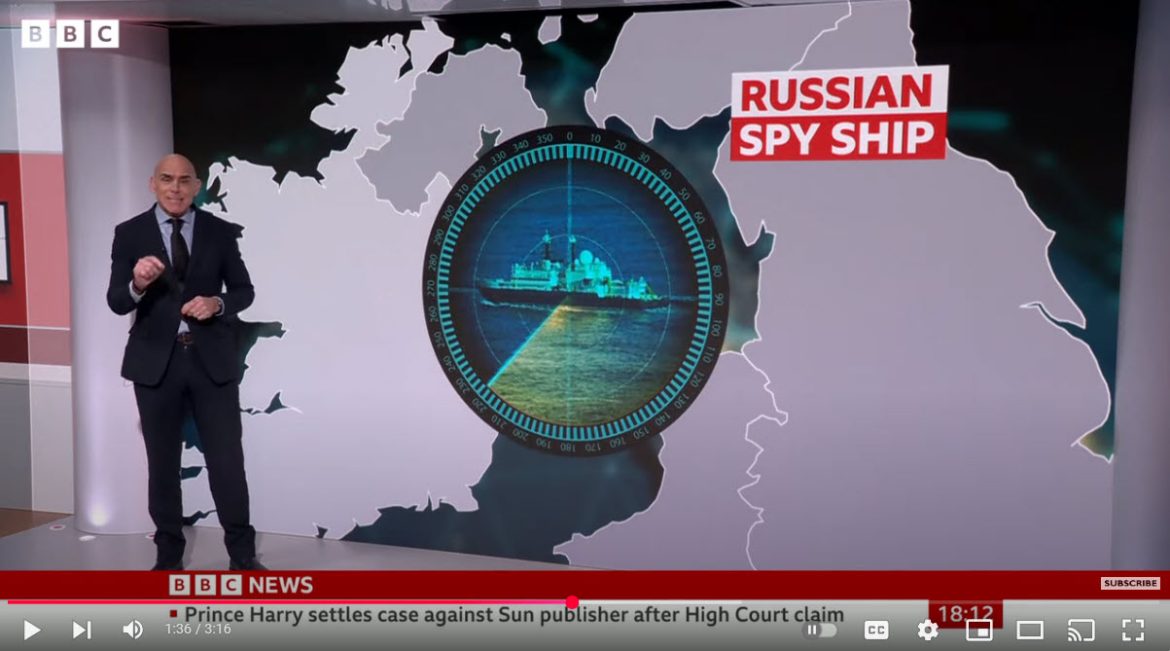The United Kingdom is closely monitoring the Russian vessel Yantar after it entered British waters earlier this week. Defence Secretary John Healey informed Members of Parliament that the ship is suspected of gathering intelligence and mapping the UK’s critical underwater infrastructure. He emphasized that this activity represents “another example of growing Russian aggression.”
In response to Yantar’s presence, the Royal Navy deployed the frigate HMS Somerset and the patrol vessel HMS Tyne to shadow the Russian ship as it transited through the North Sea. Additionally, a Royal Navy submarine surfaced in proximity to Yantar, delivering a clear message of deterrence. This maneuver prompted the Russian vessel to alter its course and exit UK waters.
The Yantar, officially designated by Russia as an oceanic research vessel, is operated by the Russian Ministry of Defence. However, Western intelligence agencies have long suspected it of conducting espionage activities, particularly focusing on undersea cables and infrastructure vital to global communications and financial transactions. These cables are responsible for transmitting approximately 99% of global data and facilitating an estimated $10 trillion in daily financial exchanges.
The UK’s actions align with broader NATO efforts to safeguard undersea infrastructure amid rising concerns over potential sabotage. Recent incidents, such as the suspected sabotage of undersea cables in the Baltic Sea, have heightened awareness of vulnerabilities. NATO has initiated operations like Baltic Sentry, employing advanced surveillance technologies to monitor and protect critical undersea assets.
Defence Secretary Healey reiterated the UK’s commitment to defending its national interests, stating that the government “will not shy away from robust action” to counter threats. He also highlighted the importance of international collaboration, noting that undersea cables are a shared concern among allied nations. The UK is enhancing cooperation with NATO partners to address these risks effectively.
This incident underscores the ongoing strategic contest in the deep sea, where nations vie to protect and control the infrastructure underpinning modern digital economies. As geopolitical tensions persist, the safeguarding of undersea cables remains a critical priority for the UK and its allies.



